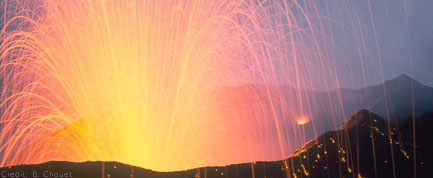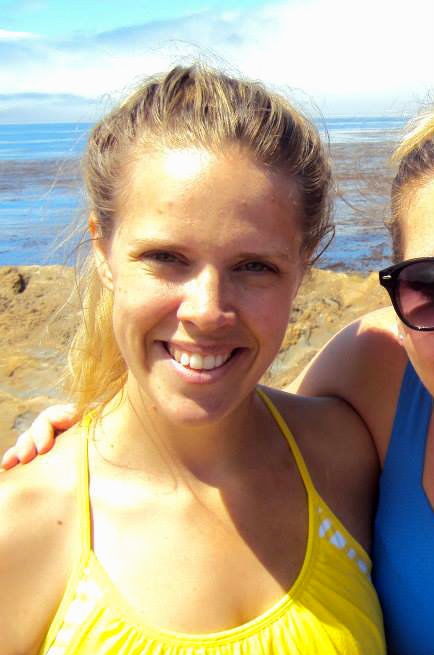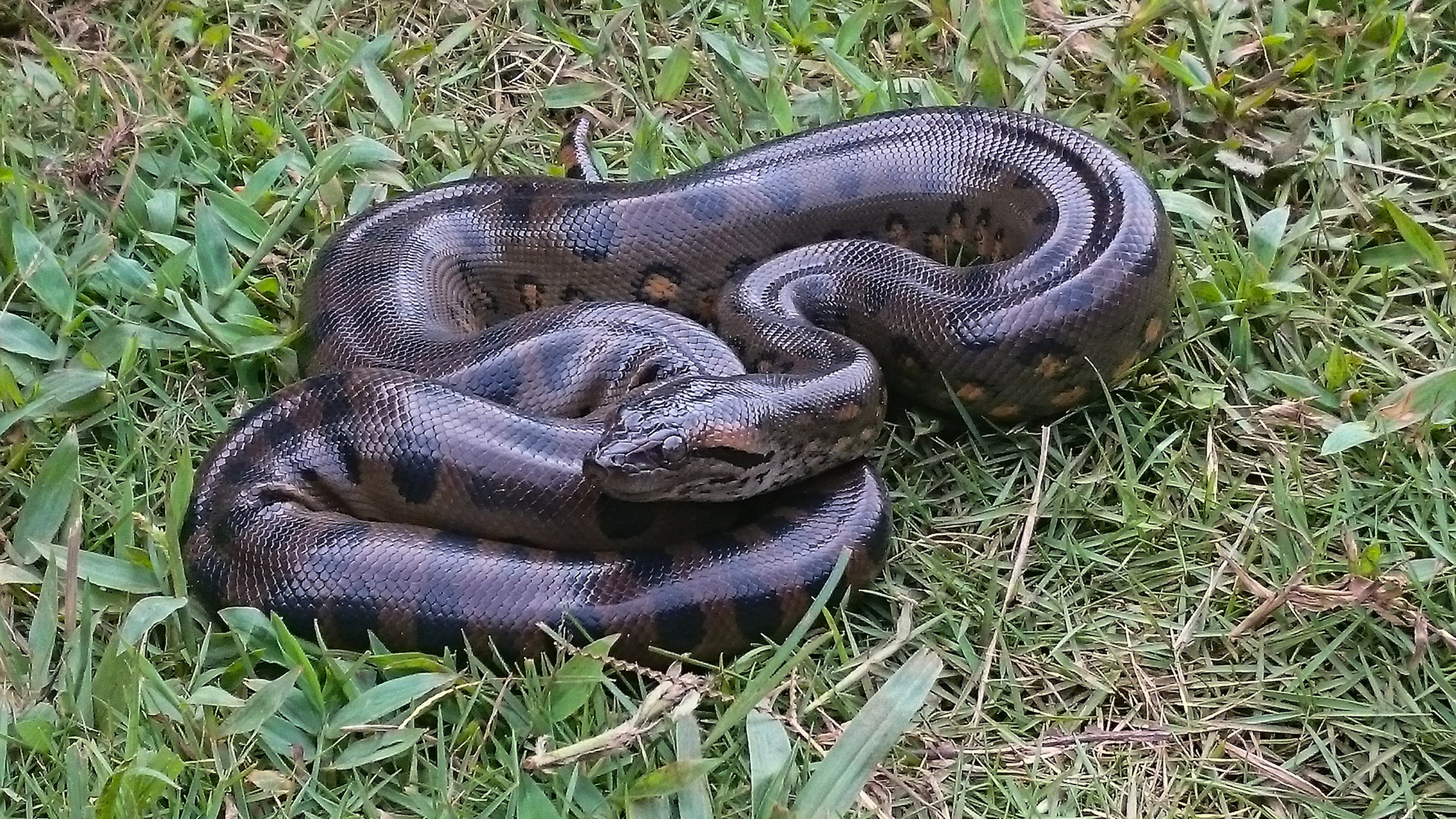How The Eruption of Thera Changed the World

Each Monday, this column turns a page in history to explore the discoveries, events and people that continue to affect the history being made today.
The world map might look differently had the Greek volcano Thera not erupted 3,500 years ago in what geologists believe was the single-most powerful explosive event ever witnessed.
Thera didn't just blow a massive hole into the island of Santorini – it set the entire ancient Mediterranean onto a different course, like a train that switched tracks to head off in a brand new direction.
Minoan culture, the dominant civilization in the Mediterranean at the time, crumbled as a result of the eruption, historians believe, changing the political landscape of the ancient world indefinitely. Environmental effects were felt across the globe, as far away as China and perhaps even North America and Antarctica.
The legend of Atlantis and the story of the Biblical plagues and subsequent exodus from Egypt have also been connected to the epic catastrophe.
Dwarfed the atomic bomb
Historians and archaeologists have had trouble deciding on the year Thera erupted, with dates ranging anywhere from 1645 BC to 1500 BC. Studies of ash deposits on the ocean floor have revealed, however, that when the volcano did blow, it did so with a force dwarfing anything humans had ever seen or have seen since.
Get the world’s most fascinating discoveries delivered straight to your inbox.
There are no first-person accounts of what happened that day, but scientists can compare it to the detailed records available from the famous eruption of Krakatoa, Indonesia, in 1883.
That fiery explosion killed upwards of 40,000 people in just a few hours, produced colossal tsunamis 40 feet tall, spewed volcanic ash across Asia, and caused a drop in global temperatures and created strangely colored sunsets for three years. The blast was heard 3,000 miles away.
Thera's eruption was four or five times more powerful than Krakatoa, geologists believe, exploding with the energy of several hundred atomic bombs in a fraction of a second.
An absence of human remains and valuables like metal suggest that the Minoan residents of Santorini predicted the eruption and the island was evacuated, but the culture as a whole did not fare as well.
Based on the nearby island of Crete, the powerful Minoan civilization declined suddenly soon after Thera blew its top. Tsunamis spawned by the eruption would have swamped its naval fleet and coastal villages first off, historians think. A drop in temperatures caused by the massive amounts of sulphur dioxide spouted into the atmosphere then led to several years of cold, wet summers in the region, ruining harvests. The lethal combination overran every mighty Minoan stronghold in less than 50 years.
In just a short time, their peaceful, efficient bureaucracy made way for the warring city-state system of ancient Greece to dominate the Mediterranean. The Aegean would turn out to be a fundamental building block for the history of Europe, and the Minoan decline changed its early foundation completely.
Famous legends
Thera didn't just alter the cultural make up of Europe, it has kept adventurers and treasure hunters busy too.
When the Greek philosopher Plato described the lost city of Atlantis over a thousand years after the volcanic eruption, he may have been referring to Thera folklore passed down in Greece over many generations and exaggerated like a game of broken telephone.
The eruption has also been loosely linked with the Biblical story of Moses and the exodus from Egypt. The effects of Thera's eruption could have explained many of the plagues described in the Old Testament, including the days of darkness and polluting of the rivers, according to some theories.
- Last Week: How Ancient Trade Shaped the World
- Next Week: How Iron Changed the World
- History's Most Overlooked Mysteries
- Volcano Quiz: Part 1: Test Your Knowledge

